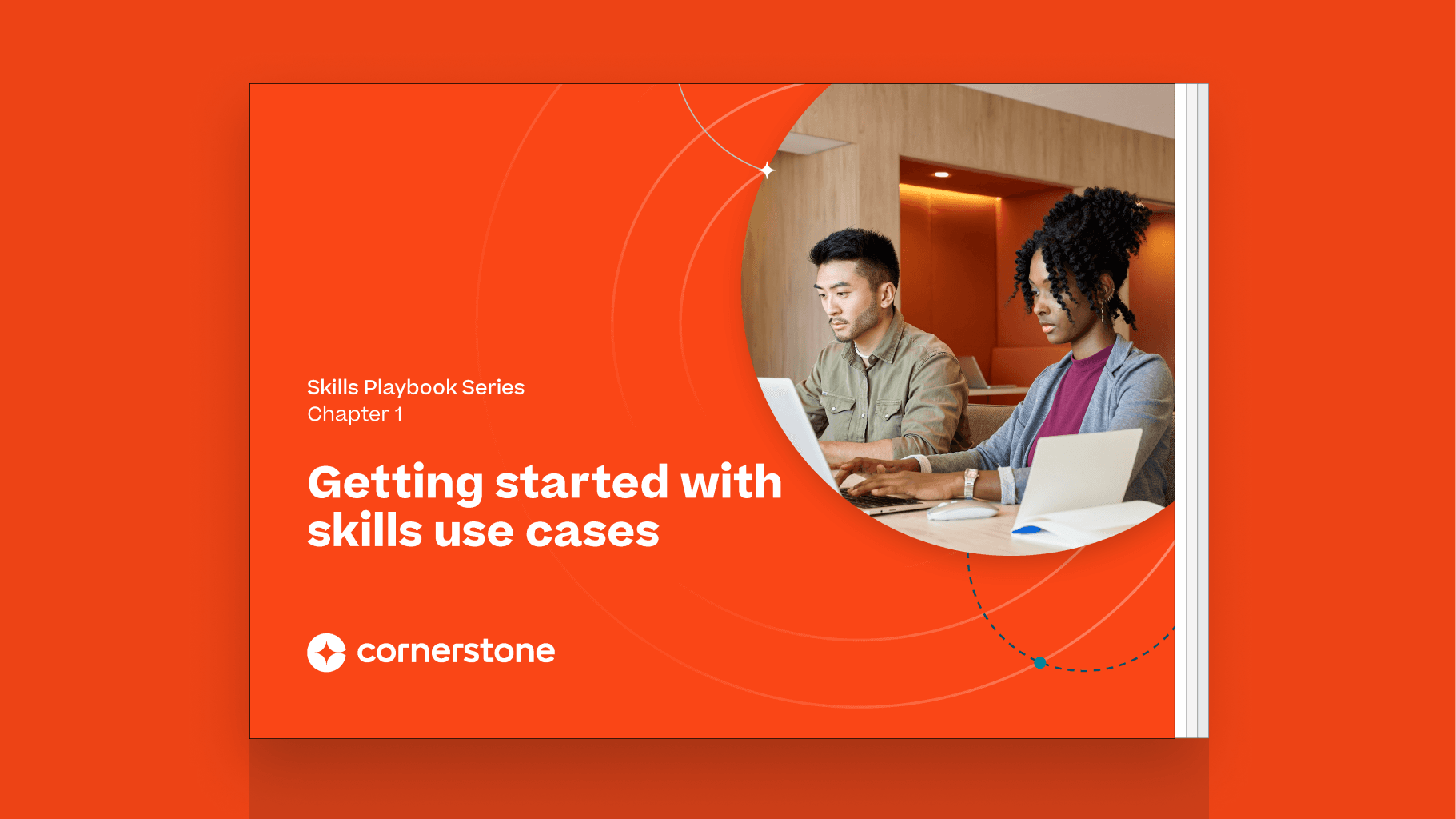Cornerstone recently attended the CUPA-HR Virtual CHRO Summit, which provides leaders in higher education the chance to meet, hear from thought leaders, and discuss the opportunities and challenges that lie ahead for higher education HR.
The past two years and the pandemic have seen higher education facing a number of challenges, including how to manage a virtual workforce, teaching in a virtual world, a decline in student enrollment and a high turnover of employees.
The Summit sessions provided insight and actionable steps for CHROs. Here are our top takeaways from the event and how Cornerstone can help higher ed overcome the challenges in the market today.
Challenge 1: Attrition
The Great Resignation has impacted every industry across the country (perhaps the world). The pandemic provided employees with time to reevaluate what they wanted from their professional life. The result has been record-high turnover as employees look for more flexibility, higher salary and better work-life balance.
Job resignations are still up 23% above pre-pandemic levels and are showing no signs of slowing down.
The high labor demand is pushing employers to pay higher wages, which presents a unique problem for higher education: Competing for wages with the private sector is a futile battle. Many CHROs at the event shared that higher education no longer feels relevant.
The public industry's advantages — retirement benefits, healthcare, and longevity — are not valued by younger generations.
Challenge 2: Attraction
The challenge of younger generations valuing flexibility and pay over the benefits is not going away anytime soon. Without the ability to compete, it will be essential for higher ed to focus on their internal talent.
The best way to help people achieve their full potential and stay with your organization is to provide opportunities for development.
That means investing in the technology and learning content necessary to provide your people with the career pathing and development they crave. Many institutions are still using archaic systems that are cumbersome and antithetical to creating a culture of learning.
Institutions need the tools to build personalized skill profiles for employees that can help identify non-traditional candidates and create career pathways for people that might otherwise have been overlooked. A robust skills profile tied to learning content empowers employees and higher education institutions alike.
Challenge 3: Retention
Give your people a reason to stay, grow and develop with you. The future belongs to organizations with the courage and mindset needed to reimagine how they work.
The right learning culture and technology to power it can help higher education institutions:
- Design personalized skill development and a path to get there
- Define career paths and set goals
- Find engaging, relevant content that matches the skills employees want to develop
- Explore careers that are a fit for those skills
- Connect with coaches and mentors who have mastered skills
- Connect to an internal marketplace of job opportunities that align with skills
In a poll at the conference, the most valued skill needs in their leader was confidence and the most lacking skill in leadership was communication.
Keep learning at the next CUPA-HR Virtual Spring Conference
You’ll have more opportunities to explore the challenge of attrition and attraction in higher education with your peers. Visit the Cornerstone booth to learn how AI-powered, skills-forward talent management solutions can help higher education create a culture of learning and skills development with a modern learning experience.

